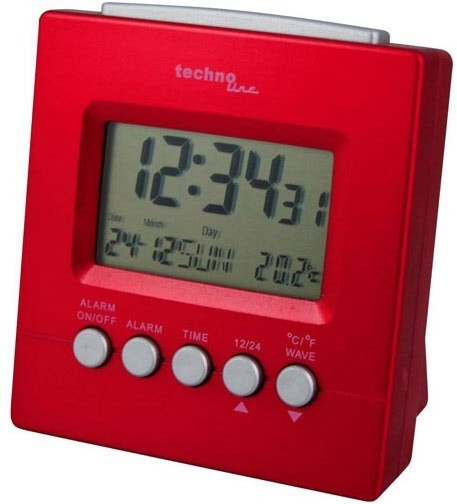The Importance of Time Management in Today’s World

Introduction
Time is a finite resource that plays a crucial role in our daily lives. As we navigate through busy schedules and numerous commitments, the ability to manage time efficiently becomes increasingly important. Effective time management enhances productivity, reduces stress, and allows individuals to balance work, leisure, and personal responsibilities. In a rapidly changing world, understanding the value of time can significantly impact personal and professional well-being.
The Relevance of Time Management
According to a recent survey by the UK’s Office for National Statistics, almost 60% of individuals reported feeling overwhelmed by their daily responsibilities, leading to decreased productivity. The ability to prioritise tasks and allocate time effectively is paramount to combatting this stress. For instance, setting clear objectives and breaking tasks into manageable segments can lead to improved efficiency and a greater sense of accomplishment.
Key Strategies for Effective Time Management
1. Prioritisation: Identifying urgent versus important tasks can help focus efforts where they matter most. The Eisenhower Matrix is a helpful tool that categorises tasks into four quadrants based on their urgency and importance.
2. Setting SMART Goals: Specific, Measurable, Achievable, Relevant, and Time-bound goals provide a structured approach to task completion and time allocation.
3. Time Blocking: Allocating specific blocks of time for different activities can enhance focus and reduce distractions. This method encourages a dedicated approach to each task.
4. Review and Adjust: Regularly assessing time usage and productivity allows individuals to identify what works and what needs adjusting. Flexibility in time management is crucial for adapting to unforeseen circumstances.
Technological Aids
Technology has played an integral role in enhancing time management practices. Applications such as Todoist, Trello, and Google Calendar help users organise tasks, set reminders, and track progress. These tools can streamline the process of managing one’s commitments and improve overall productivity.
Conclusion
As we move forward in a fast-paced society, mastering the art of time management is essential for success and well-being. Individuals who effectively manage their time report higher productivity levels and greater satisfaction in their personal and professional lives. With the right strategies and tools in place, anyone can make the most of their time, creating a more balanced and fulfilling life. Embracing effective time management can lead to a brighter, more organised future.








